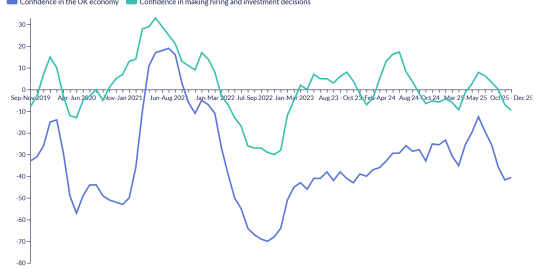In part II of a two-part series, eFinancialCareers continues to examine opportunities for bankers who donít like banking.
Corporate treasury
Corporate treasury is an often overlooked, but stable and diverse environment to continue building your career. Opportunities exist for candidates with a strong financial markets background, according to Anton Murray, director of Anton Murray Consulting.
Typically positions are available in treasury operations/settlements, hedge accounting, treasury trading/dealing, systems support, technology and risk – all with a treasury product focus. Corporate treasury functions are reasonably small, with a headcount of between five and 20 within most ASX 200 companies, which allows candidates to gain diverse experience, says Murray.
Salaries within corporate treasury are usually less than investment banks. ìHowever, this is often compensated by great work life balance and long-term job security. Candidate tenure is typically five to seven years in each position,î he adds.
Government IT
Working for one of the government finance agencies like the Reserve Bank of Australia or the Australian Taxation Office is an option for banking IT candidates. ìThese organisations are always keen to see candidates from the finance industry as they tend to have very high-volume experience,î says Andrew Blades, a team manager at Aristotle.
And while the pay (about $200k for a senior manager) canít match the banking sector, the fringe benefits and work life balance are always good. ìWith the prospect of redundancy being limited, this option can seem attractive for those coming out of the financial markets,î adds Blades.
Any downsides? ìWorking in a less cutting-edge environment and not having the latest technology at your disposal, something which a lot of IT banking staff take for granted.î
Risk and compliance
With an increased focus on corporate policies and procedures at board and regulator-level, professionals from financial services are becoming increasingly attractive to other industries.
ìDue to the current regulatory requirements within financial services, candidates with this type of background are seen as being able to add a valuable insight into how a business can operate under changing regulatory requirements,î says Ryan Webster, senior consultant, banking and financial services, Robert Walters.
The salaries on offer outside of the banking sector are comparable, as is the workload and structure. ìThe easiest transitions are made into energy or resource firms focusing on their trading desks because processes are similar,î adds Webster.
Property
Bank property development finance professionals have transferable skills in their ability to identify and negotiate potential finance for complex commercial property deals, says Ric Nilson, senior consultant, executive division, Manpower Professional.
ìIn addition they have established networks which are critical to the success of the role. In a hot market, the internal bank operative can easily transfer to the commercial property developers and earn considerably more as a senior manager.î
How to quit banking (and still have a job): part II

In part II of a two-part series, eFinancialCareers continues to examine opportunities for bankers who donít like banking




